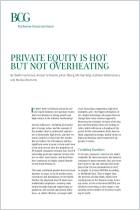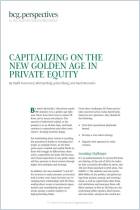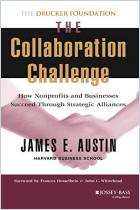
After the Honeymoon Ends
Making Corporate-Startup Relationships Work
Read offline
Recommendation
How does the corporate environment differ from the start-up environment? Assuming that the two are fairly different, what can they learn from each other, and how do they keep a collaboration from turning into a major clash of cultures and ideals? The Boston Consulting Group (BCG) surveyed 187 traditional corporations and 86 start-ups, and then analyzed 570 companies in Germany, Austria and Switzerland. Armed with that data, they interviewed more than 30 investors, founders and executives with leading roles in the start-up world. This BCG report contains insights from those surveys and conversations.
Summary
About the Authors
Michael Brigl, Stefan Gross-Selbeck, Nico Dehnert, Florian Schmieg and Steffen Simon are contributors to the Boston Consulting Group’s special reports.
























Comment on this summary or Démarrer une discussion